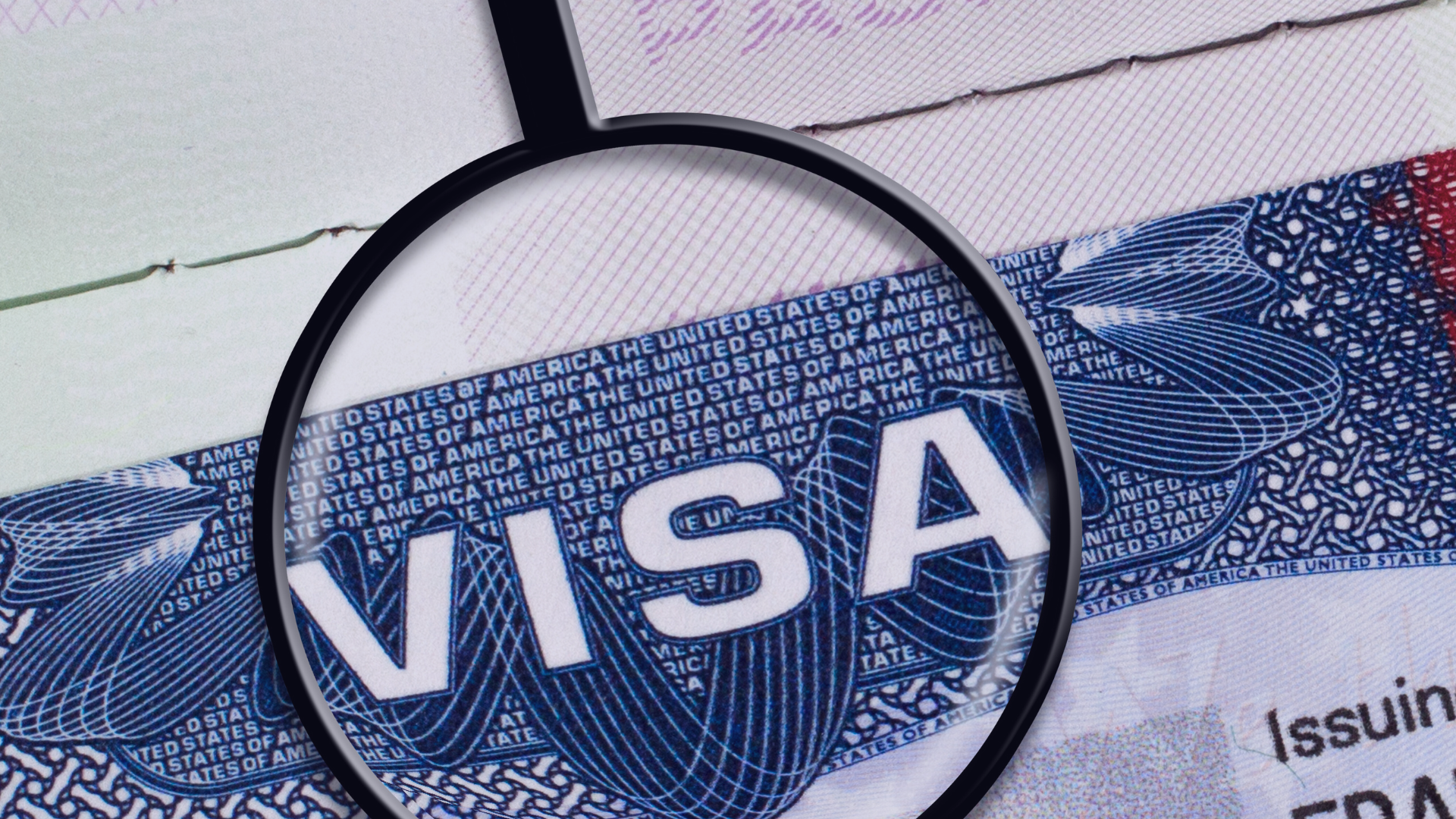
French student visa guide
For international students, applying for a visa is the first step in an enriching adventure. By joining one of the schools in the Galileo Global Education group, a world leader in private higher education, you will receive first-rate support throughout this process. Whether at the Paris School of Business and ESG for management, Cours Florent for performing arts, or Penninghen and LISAA for design, and many other institutions that open the doors to a promising future in France.
The process requires careful attention and timely action, with two main steps for stays longer than 90 days: submitting an application through Campus France and applying for a visa through France-Visas. Understanding these requirements and deadlines, with Galileo's experienced support, will ensure a smooth transition to your French academic journey.
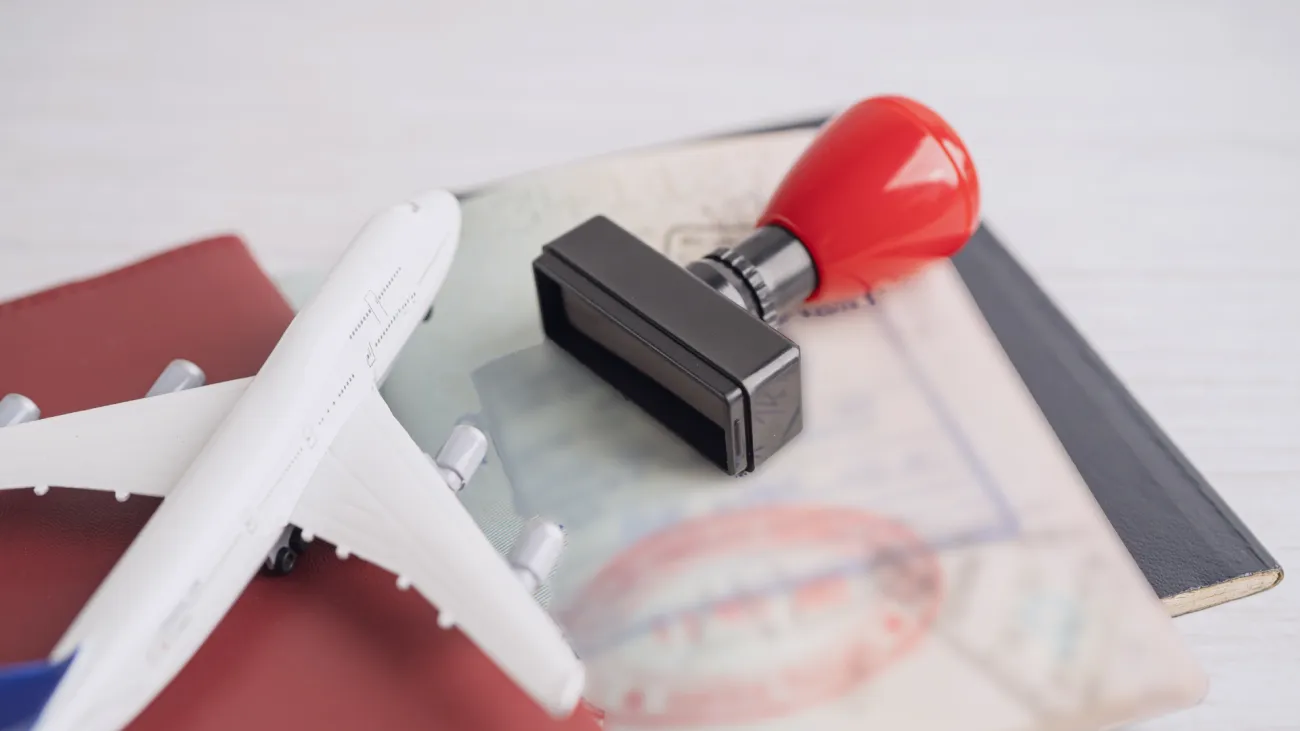
Do you need a visa to study in France? Requirements for American citizens
For American citizens, visa requirements depend on the length of study. Those pursuing programs under 90 days can enter France without a visa, making short summer courses or language programs at Galileo Global Education schools easily accessible.
Beyond the 90-day mark, American students must secure a long-stay student visa before departing for France. The current fee stands at 99 euros, payable during the application process through VFS Global centers.
First-time applicants should note specific deadlines: submit your visa request no earlier than 90 days before departure and allow at least three weeks for processing. Remember that your passport must remain valid for at least three months beyond your planned stay in French territory.
Consider starting the process early, as appointment availability at visa centers can become limited during peak seasons, particularly in August and September.
France visa types : understanding differents categories
France offers several distinct student visa categories to match your academic goals. The Short-Stay Schengen Visa serves students enrolled in programs lasting up to 90 days.
For longer academic pursuits, the VLS-TS Student Visa enables stays from 4 months to one year. This option grants access to part-time work opportunities and French social security benefits.
Doctoral candidates and researchers benefit from the specialized Talent Passport VLS-TS, valid for up to four years. This premium category provides enhanced mobility within the Schengen area and simplified renewal procedures.
Each visa type comes with specific advantages. For example, VLS-TS holders can easily extend their stay through a residence permit renewal, while maintaining the right to travel throughout Europe.
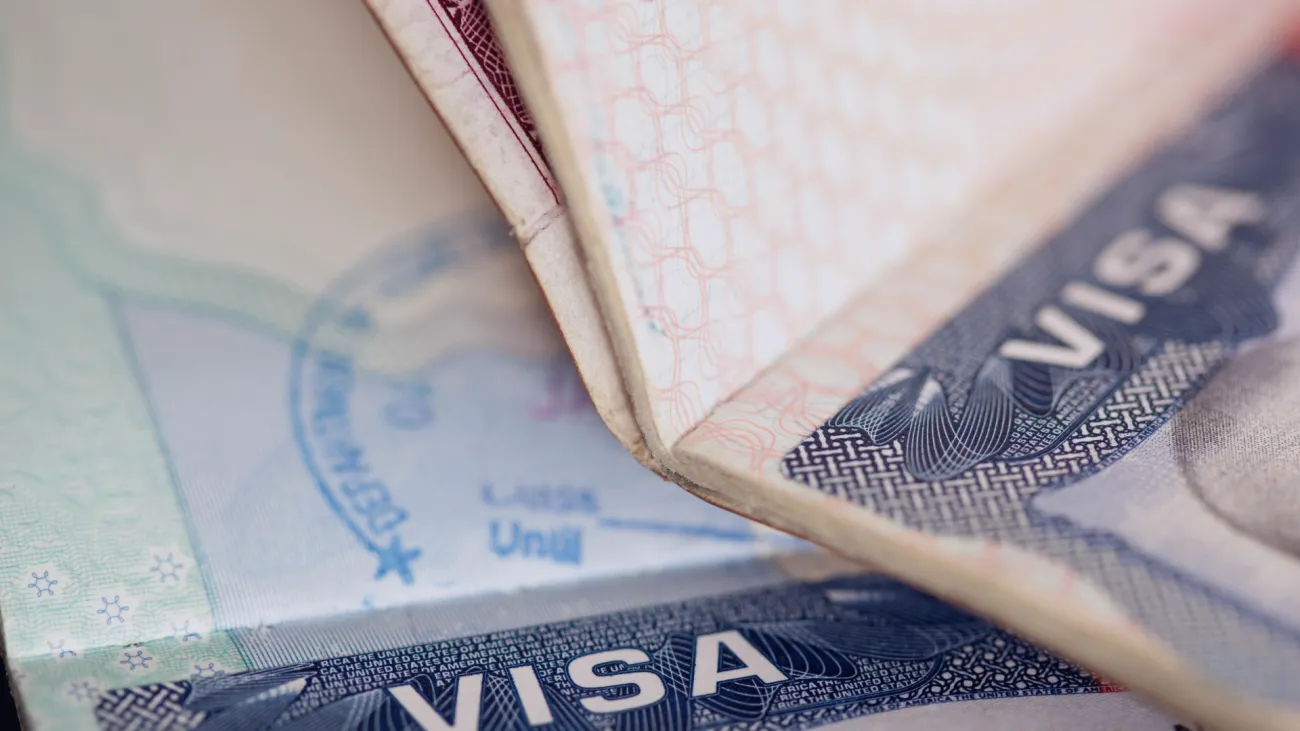
France student visa requirements: essential documents for application
Preparing a complete documentation package remains fundamental for your French student visa request. Start with your valid passport that must have been issued within the past 10 years.
Make sure to gather proof of enrollment from your French institution and evidence of sufficient financial resources to support your stay. Most visa centers require bank statements showing at least 615 euros per month of planned stay. To learn more about managing your finances, visit preparing your student budget in France.
Your application should include recent passport-sized photos meeting French specifications and medical insurance coverage valid throughout your study period. A completed France-Visas form with your detailed study plans and accommodation arrangements in France will round out your basic documentation needs.
Remember to bring both original documents and photocopies to your appointment at the local visa centre.
VFS global France visa: step-by-step application process
Begin your VFS submission by creating a France-visas online account and completing the digital application form. Schedule your appointment at least 6 weeks before your planned departure to France, allowing time for potential processing delays.
On appointment day, arrive 15 minutes early at the VFS center with your printed application summary and organized documents. The staff will verify your file, collect biometric data, and process your payment. Most centers accept credit cards and bank transfers.
For a smoother experience, prepare separate document sets - originals in one folder and copies in another.
Remember to track your application status through the VFS portal after submission.
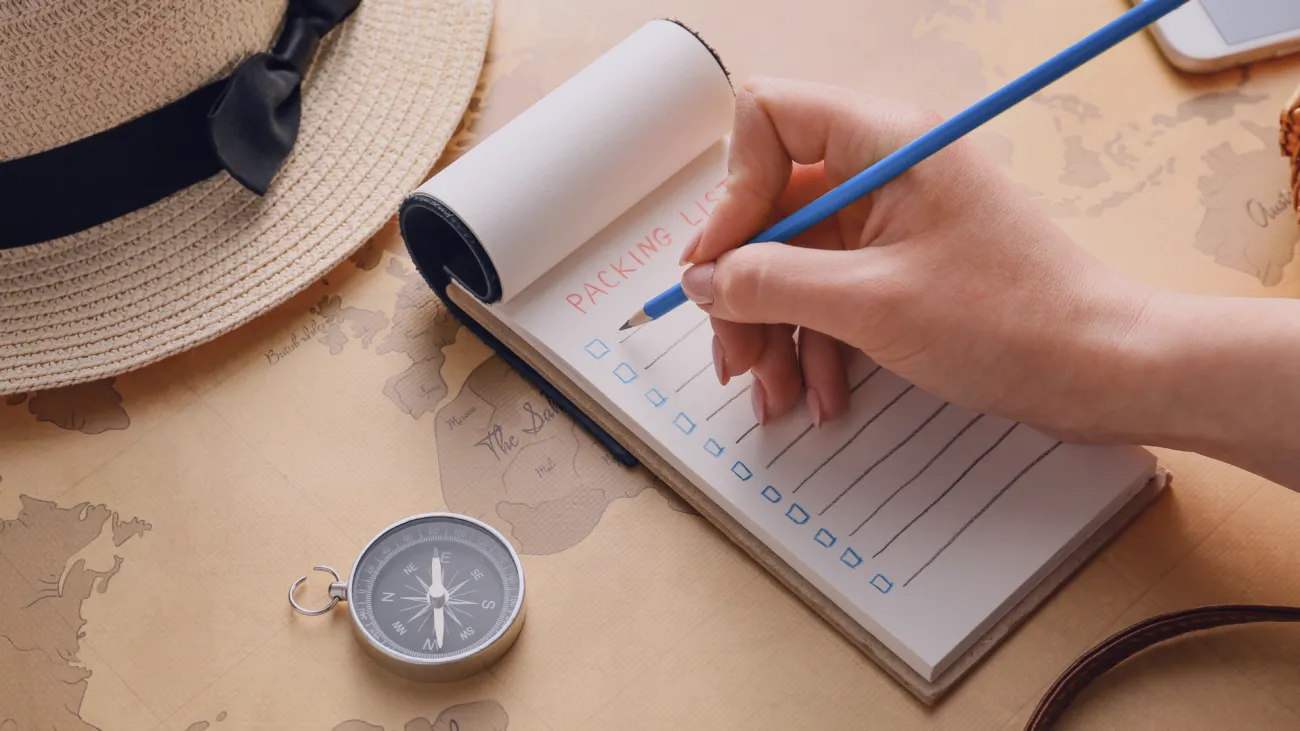
French embassy visa appointment: how to schedule and prepare
Secure your visa appointment through the France-Visas portal. The online booking system opens new slots each Monday morning at 9:00 AM EST, giving you the best chance to obtain your preferred time slot.
VFS Global centers accept applications between 8:00 AM and 3:00 PM on weekdays. Plan to arrive 30 minutes before your scheduled time with your Campus France confirmation email and payment receipt in hand.
Many students prefer morning appointments as processing tends to move faster earlier in the day. Contact the VFS support line at +1 347-252-3055 if you need to modify your appointment time or have questions about the scheduling process.
France visa cost and processing time
The standard fee for a long-stay student visa amounts to €99, while students from countries with special agreements pay €50. An additional service charge between €30-40 applies for biometric data collection at processing centers.
Expect a waiting period of 15-30 days from your application submission to receive your student visa. During peak enrollment seasons (June-September), processing can extend up to 6 weeks. Students should factor in both the mandatory Campus France review ($190) and subsequent visa processing timeline when planning their departure.
Keep proof of payment handy, as you'll need these receipts throughout your application journey. Most centers accept credit cards and bank transfers for fee payments.
Long-stay visa France: complete student requirements guide
Securing your place in French academia requires meeting several key criteria. Your academic background must align with your chosen program through official transcripts and diplomas. French universities typically request a B2 level language proficiency certificate for programs taught in French.
Clear documentation of your accommodation plans in France strengthens your application. Whether through university housing, private rentals, or a host family arrangement, having confirmed lodging demonstrates solid preparation.
Beyond basic requirements, applicants need health insurance coverage valid in France and a clean police record from their home country. A detailed study plan outlining your academic goals and future career aspirations helps visa officers understand your motivation for studying in France. Consider including recommendation letters from previous professors to reinforce your application.
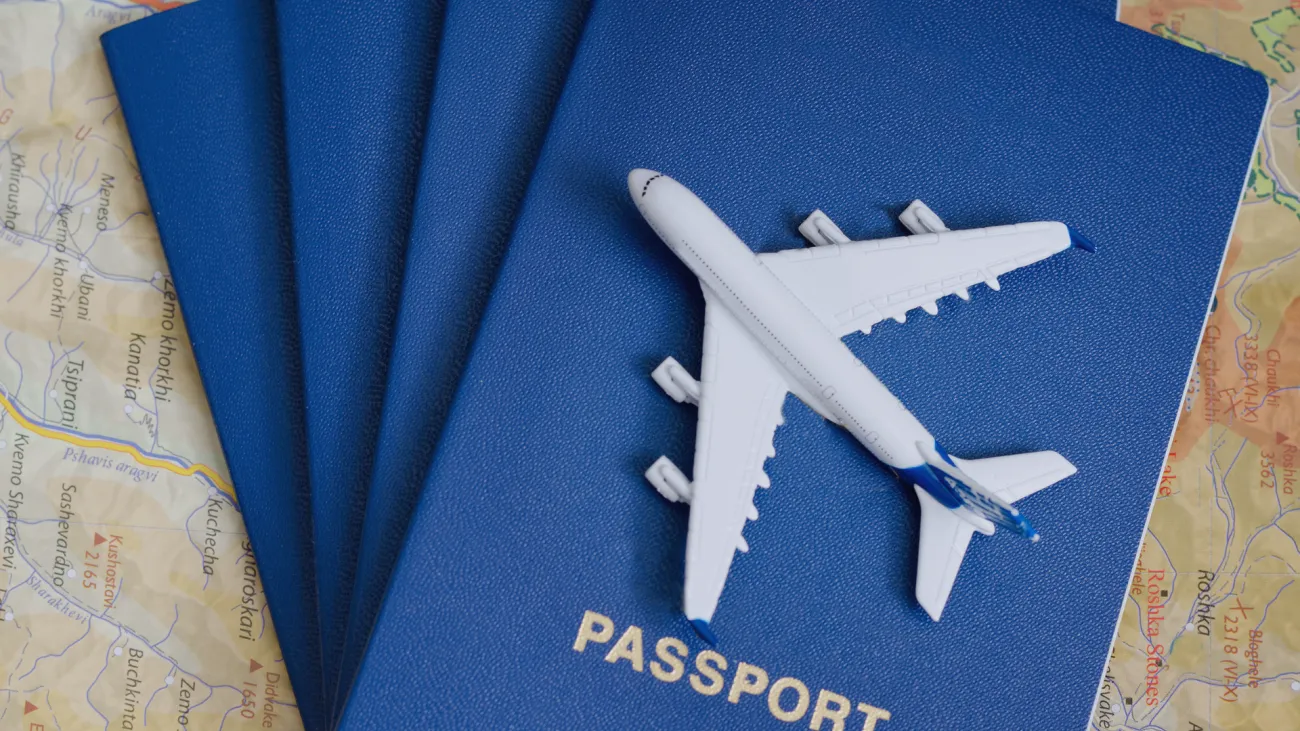
Working in France with a student visa: rights and regulations
Your French student visa allows you to earn while learning. Under French regulations, non-EU students can work up to 964 hours per year, equivalent to about 20 hours per week during term time.
The current minimum wage stands at €11.52 per hour before tax deductions. Your employer must declare your employment to local authorities at least two days before you start working.
Special rules apply for Algerian students who can work 50% of the legal annual working time due to bilateral agreements. Most campus jobs, retail positions, and hospitality roles welcome student workers, making it easier to balance studies with part-time employment. Remember that your earnings should serve as supplementary income rather than your primary means of support in France.
French immigration process: entry rules for international students
Upon arrival in France, students must validate their VLS-TS visa through the OFII online platform within three months. This mandatory step costs €60 and requires uploading your passport, visa, and French address documentation.
First-time students need to schedule a medical examination at their local OFII office. The exam includes a chest X-ray and general health check, with results processed within two weeks.
Non-EU students should register with French social security through the dedicated student portal before starting classes. Keep digital copies of your entry stamp and validated visa handy - these documents prove your legal status during administrative procedures. The prefecture might request updated proof of resources and academic enrollment when extending your stay beyond the first year.
French consulate considerations for student visa applications
Consular officers are required to consider various general factors, including the likelihood that the applicant’s training in France will lead to professional success, the potential contribution of the student’s plans to the economic and social development of their home country, and the nature of France’s relationship with that country.
Please note that the following criteria are taken into consideration when making a decision to grant a student visa
Criterion 1: academic background
Priority is given to applicants who:
• Are prepared to enter a master’s or doctoral program
• Hold a French baccalauréat
• Have been admitted to a program preparing students for the grandes écoles
• Have been admitted to selective short programs (IUT, STS)
Criterion 2: level of preparation
This includes:
• The applicant’s ability to assemble and submit necessary documents to French institutions to support their admission
• The reliability of the grades and evaluations claimed by the applicant
• The overall alignment between the applicant’s study plans and their prior academic background
Criterion 3: institutional framework of the study plan
Priority is given to:
• Applicants participating in exchange programs governed by agreements between French and foreign institutions
• Recipients of French government scholarships
• Students who have graduated in their home country from a degree program offered by or involving a French institution
Criterion 4: language proficiency
The applicant’s command of French is assessed, except for applicants demonstrating exceptional academic potential.
Additionally, there are three other factors considered, which are not limited to student visa decisions:
• The absence of any threat to France’s security or public order
• The authenticity of documents submitted (e.g., diplomas and grade reports)
• Proof of sufficient financial resources
The last point is addressed in general visa guidelines, as France’s immigration code (CESEDA) does not specify a minimum required amount. However, prospective students must demonstrate resources equivalent to the monthly base amount paid to French government scholarship recipients, approximately €615. France’s consulates have discretion in applying these guidelines.
How do I get a visa for France?
To get a French student visa, you need to follow these steps:
- Complete the Campus France application process
- Submit your online visa application through France-Visas
- Schedule an appointment at a VFS Global center
- Prepare all required documents
- Attend your visa appointment with original documents and copies
How much does a visa cost for France?
The standard fee for a long-stay student visa is €99, with an additional VFS service charge of €30-40. Some students from specific countries may qualify for a reduced fee of €50. The Campus France review costs $190.
Is it easy to get visa for France?
Getting a French student visa is straightforward if you meet all requirements and submit a complete application. Key factors for approval include:
- Acceptance letter from a French institution
- Proof of sufficient financial resources (minimum €615/month)
- Valid passport and required documents
- Clear study plan and motivation
- Adequate health insurance coverage
What is required to get a visa for France?
Required documentation for a student visa includes:
- Valid passport (valid for 3 months beyond your stay)
- Acceptance letter from your school
- Proof of financial resources
- Health insurance documentation
- Accommodation proof in France
- Recent passport photos
- Completed France-Visas application form
How long can you stay in France without a visa?
U.S. citizens can stay in France without a visa for up to 90 days within any 180-day period. For studies lasting longer than 90 days, you must obtain a long-stay student visa before departure.
How to apply for schengen visa?
The Schengen visa application process involves several key steps:
- Determine Your Visa Type
- Short-stay Schengen visa (up to 90 days)
- National long-stay visa (over 90 days)
- Single or multiple entry options
- Prepare Required Documents
- Valid passport with at least two blank pages
- Completed visa application form
- Recent passport photos
- Travel insurance coverage
- Proof of accommodation
- Financial resources documentation
- Flight itinerary
- Submit Your Application
- Create account on France-Visas portal
- Complete online application form
- Schedule appointment at nearest VFS Global center
- Pay visa fee (€80 for adults)
- Submit biometric data during appointment
- Processing and Collection
- Standard processing time: 15 calendar days
- May extend to 45 days in special cases
- Track application status online
- Collect passport with visa decision
Remember to apply no earlier than 6 months before travel and allow sufficient processing time. VFS Global centers in major U.S. cities offer additional premium services for expedited processing if needed.
For detailed guidance and appointment scheduling, visit the official France-Visas website or contact your nearest VFS Global center.
How long can an american stay in europe?
For U.S. citizens, the rules for staying in Europe depend on the region:
Schengen Area (26 European countries):
- Stay up to 90 days within any 180-day period without a visa
- This applies to tourism, business, or short study visits
- The 90-day count starts on your first entry day
- Leaving and returning doesn't reset the 180-day period
Non-Schengen Countries:
- United Kingdom: up to 6 months per visit
- Ireland: up to 90 days per visit
- Croatia, Bulgaria, Romania: separate 90-day limits
- Turkey: up to 90 days in any 180-day period
For Longer Stays:
- Must obtain a long-stay visa or residence permit
- Student visas allow extended stays during study programs
- Each country has specific visa requirements
- Application must be made before the 90-day limit expires
Important Notes:
- Your passport must be valid for at least 3 months beyond planned departure
- Some countries may require proof of sufficient funds
- Overstaying can result in fines or future entry restrictions
- Always check specific country requirements before travel
Remember that studying in France requires a student visa for programs longer than 90 days, which allows multiple entries and exits during your academic program.
What is a Schengen visa?
A Schengen visa is a short-stay visa that allows a person to travel within the Schengen Area—a group of 27 European countries that have abolished border controls between each other.
Here are the key points:
It is usually issued for up to 90 days within a 180-day period.
It is typically for purposes such as tourism, business, family visits, or transit.
With it, you can move freely between the Schengen countries without going through border checks at each crossing.
The visa does not automatically grant entry; border authorities can still question travelers.
For longer stays (work, study, residency), you generally need a national visa of the specific country instead.